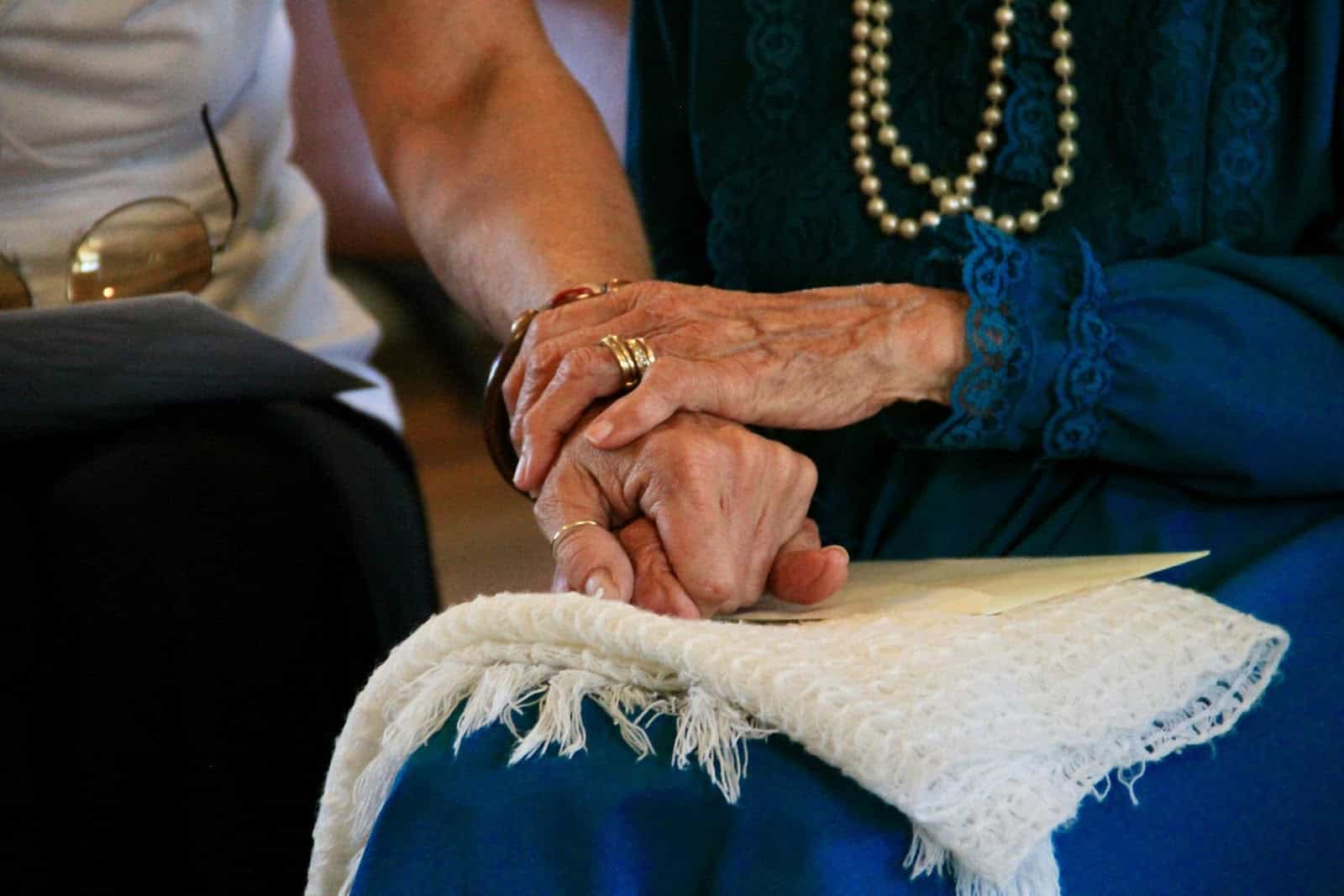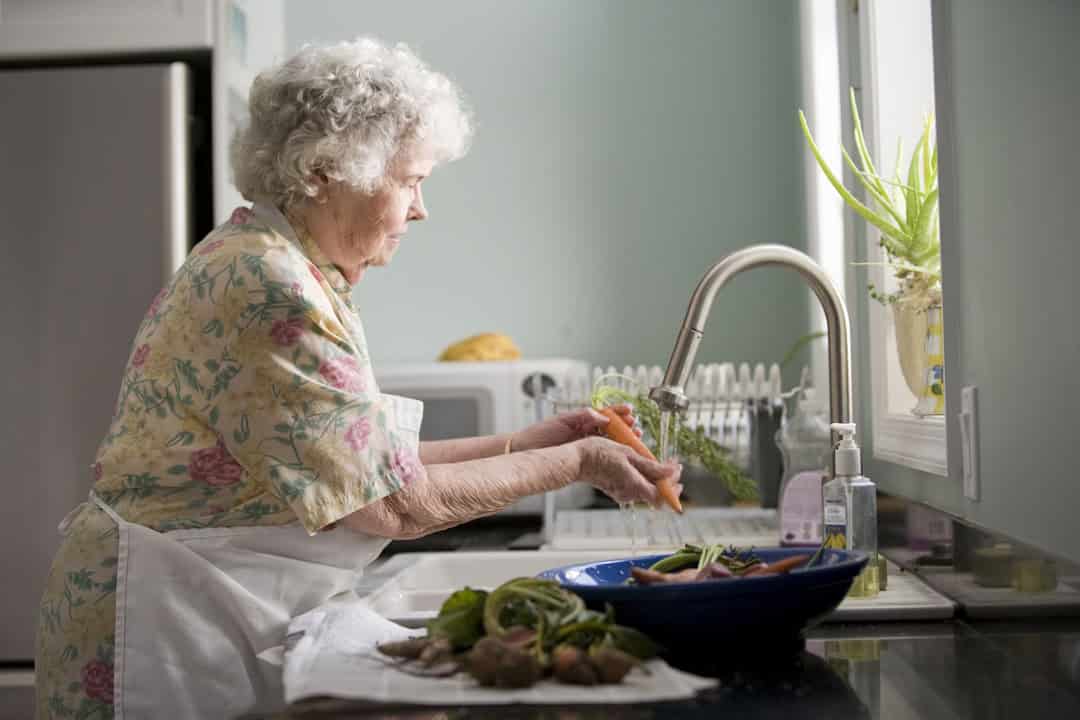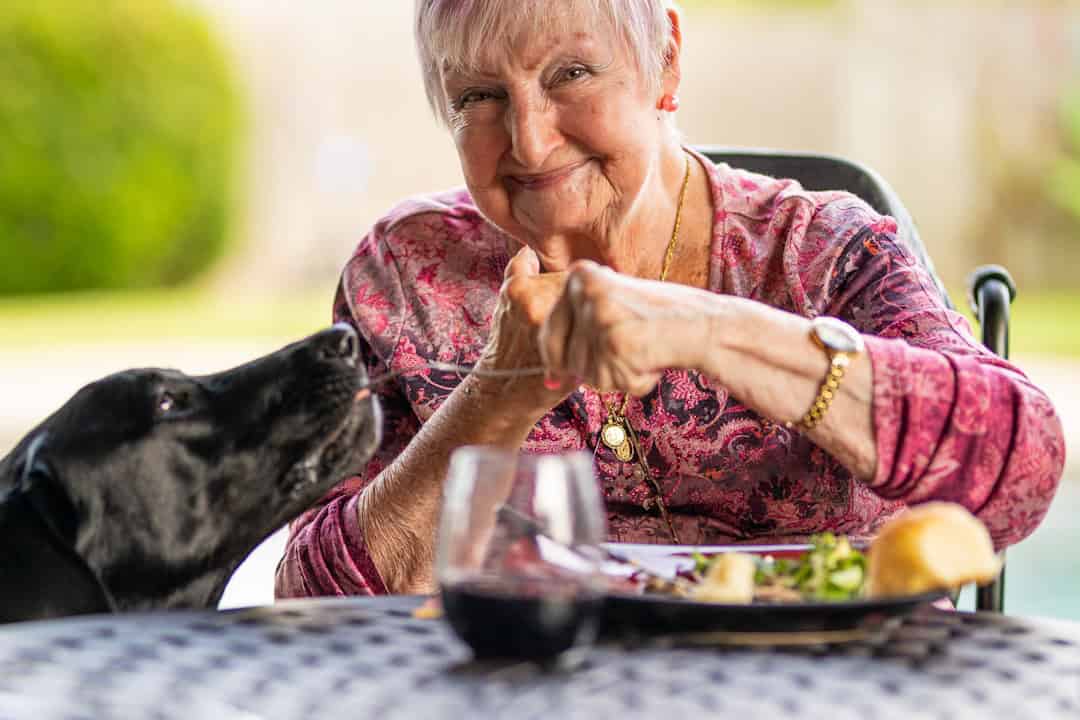Home Improvement
Home Sweet Home: Moving an Elderly Relative Into Your Home

Welcoming an elderly relative into your home can be a rewarding experience, but it also presents unique challenges. These adjustments require careful planning, especially considering their health, safety, and well-being. Creating a suitable living space that caters to their needs will make their transition smoother. Below, we will explore how to create a comfortable environment, meet daily needs, and adapt your home for better health and mobility.
Creating a Comfortable and Safe Environment

A comfortable environment begins with a well-maintained home that prioritizes safety. Insulation plays a significant role in providing a pleasant living space. Proper temperature control ensures that your relative can feel at ease regardless of the weather, so investing in efficient heating and cooling solutions is essential.
Companies like Custom/Design Heating & Air Conditioning in Fredericksburg, VA, specialize in home modifications that improve temperature regulation. These companies can help upgrade insulation, install new systems, or provide routine maintenance to ensure optimal comfort. This is especially beneficial for elderly individuals who may be more sensitive to changes in temperature or drafts.
Lighting is another critical aspect of home safety and comfort. Adequate lighting reduces the risk of falls and enables your relative to move around the house easily. Consider installing brighter lights in hallways, bathrooms, and other frequently used areas to ensure visibility, especially during nighttime.
The layout of the home should also be considered. Ensure that furniture is arranged in a way that allows easy navigation. Clear pathways free of obstructions are crucial, and adding safety features like grab bars in key locations will make the home feel more secure for your relative.
Meeting Daily Needs: Supporting Your Elderly Relative’s Routine

Providing for an elderly relative’s daily needs requires attention to their personal routines and preferences. Establishing a daily structure is vital, as it offers a sense of stability and comfort. Ensuring that essential tasks like dressing, bathing, and grooming are easy to access can make a big difference in their happiness and independence.
Meal preparation is one area that requires extra consideration. Depending on your relative’s health, they may need a specific diet or more frequent meals. Meal delivery services can be convenient, especially for those struggling to prepare meals themselves.
Personal hygiene routines also need to be managed with care. A well-equipped bathroom with easy-to-reach toiletries, shower chairs, and non-slip mats can help maintain independence while ensuring safety. Having these items readily available promotes both comfort and confidence.
Lastly, consider their social needs as part of their daily routine. Encouraging regular communication with family members or arranging home visits from close friends can prevent feelings of isolation. Incorporating these practices will help maintain a sense of normalcy and joy in their daily life.
Managing Health and Mobility: Adapting Your Home for Accessibility
Regarding health and mobility, the home must cater to the specific needs of your elderly relative. For those with mobility challenges, minor modifications like ramps widened doorways, and handrails can make a significant difference. These changes ensure they can move through the house independently and with less discomfort.
In addition, consider investing in medical equipment to improve their quality of life. Mobility aids such as walkers, wheelchairs, or lift chairs can assist with movement. These devices should be placed in areas that are easy to access and use.
To promote health, make sure the bathroom is as accessible as possible. A walk-in shower or a bathtub with a seat is safer than a traditional bath for elderly individuals. These adjustments make personal hygiene routines easier and more comfortable.
Health management should also include easy access to medical supplies and medication. Designating a specific area for storing necessary items like prescription medications, first aid kits, and health records is key. This ensures that everything is in place for quick access in an emergency.
Altogether, thoughtful home modifications can greatly enhance the comfort, safety, and independence of your elderly relative. By addressing their physical environment, daily needs, and mobility challenges, you ensure a smoother and more fulfilling transition into their new living space.





